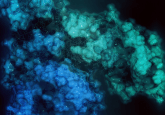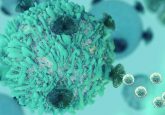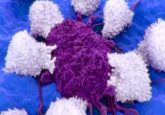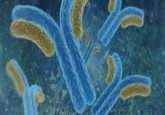2018 ASCO-SITC news round-up
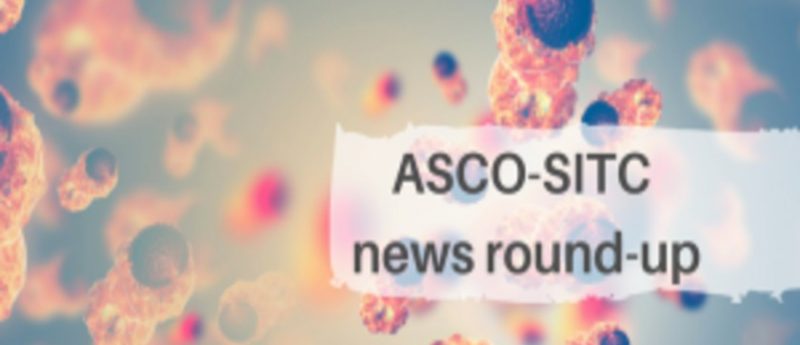
From Parp inhibitors to anti-PD-1 therapies, here we present an overview of the biggest news stories from 2018 ASCO-SITC Clinical Immuno-Oncology Symposium (January 25–27; CA, USA).
Highlights:
- Study suggests anti-PD-1 therapy could be enhanced with SBRT
- Combination of PARP and PD-1 inhibition shows promise for the treatment of advanced solid tumors
- PGE inhibitor demonstrates promising activity in Phase I study
Study suggests anti-PD-1 therapy could be enhanced with SBRT
According to a recent Phase I study, outcomes of patients with advanced solid tumors and multiple metastatic sites may be improved by treatment with multisite stereotactic body radiotherapy (SBRT) prior to treatment with the anti-PD-1 immunotherapeutic drug, pembrolizumab. The study demonstrated the combination was generally well-tolerated and resulted in abscopal responses.
“This is a large, well-done study,” Ravindra Uppaluri of the Brigham and Women’s Hospital and Dana-Farber Cancer Institute, who was the discussant for the abstract, concluded. “I think this is a very exciting area, combining SBRT with immunotherapies.”
Combination of PARP and PD-1 inhibition shows promise for the treatment of advanced solid tumors
A Phase I trial using a combination of immunotherapy drugs has demonstrated promise for the treatment of advanced solid tumors. The study included a number of malignancies that are likely to harbor DNA damage repair deficiencies, or that are potentially responsive to PD-1 blockade. The dose escalation trial consisted of 49 patients who were treated with five different concentrations of a combination of the PARP inhibitor pamiparib and an agent that targets the PD-1 receptor known as tislelizumab.
Discover further details here.
Novel CAR T-cell therapy demonstrates efficacy in non-Hogkin lymphoma trial
Results from the TRANSCEND NHL 001 trial have demonstrated promising results for a novel form of CAR T-cell therapy, termed JCAR017, in patients with poor-prognosis relapsed or refractory non-Hodgkin lymphoma.
A subsequent analysis based on the study was also presented at the symposium. In this study, JCAR017 demonstrated increased CAR T-cell expansion and persistence and higher durability of response at higher dose levels, with manageable toxicities. CAR T-cells were also detected at time of relapse, suggesting potential opportunities for future combination clinical trials.
PGE inhibitor demonstrates promising activity in Phase I study
A PGE2-receptor type-4 inhibitor, termed E7046, has demonstrated promising clinical activity in a Phase I trial of patients with advanced solid tumors. E7046 is a potent, highly selective small-molecule inhibitor of PGE2-receptor type 4. Preclinical data have demonstrated that it reverses PGE2-mediated tumor immune suppression. In this Phase I study, thirty patients were treated with E7046.
Endogenous virus expression could help predict RCC responsiveness to immune checkpoint therapy
Expression of endogenous retroviruses in tumors is linked with activation of immune checkpoint pathways in clear-cell renal carcinoma, according to a new study. These findings help explain the varying responses immune checkpoint inhibition elicits among tumors with similar characteristics.


